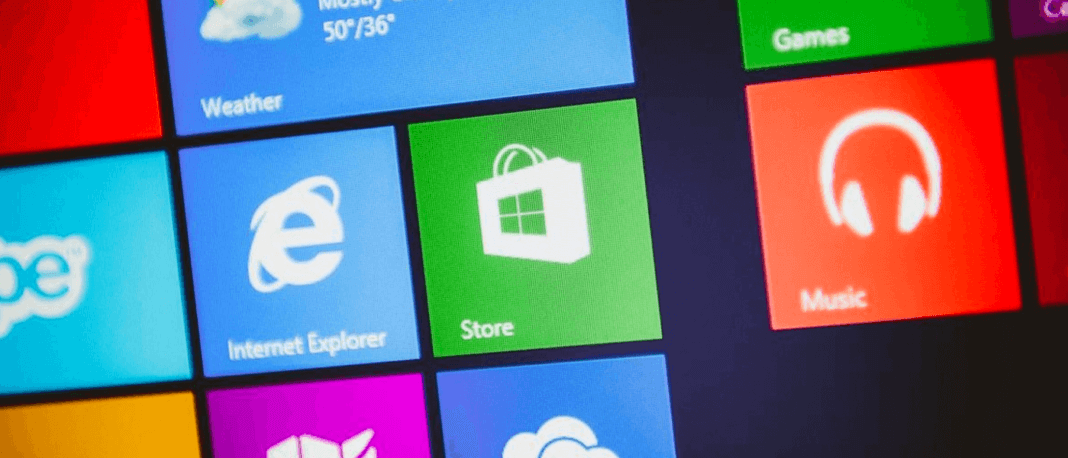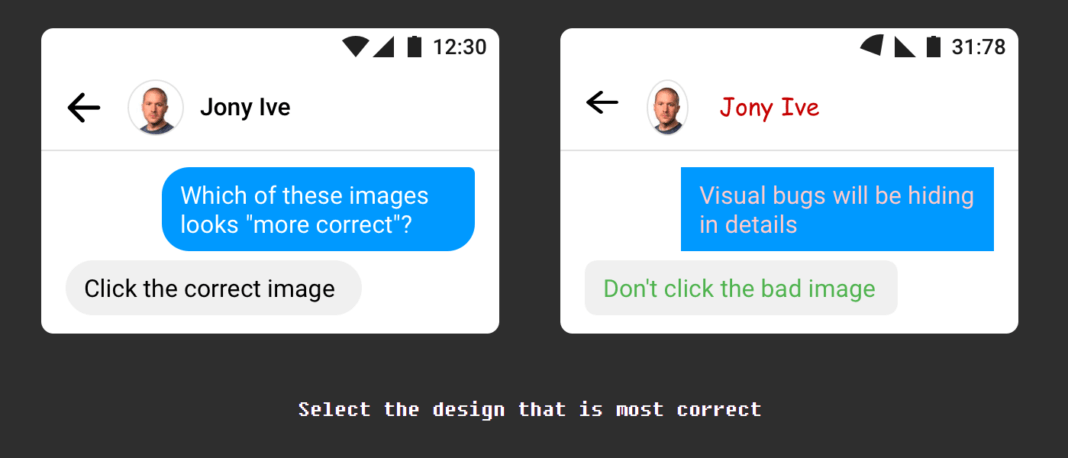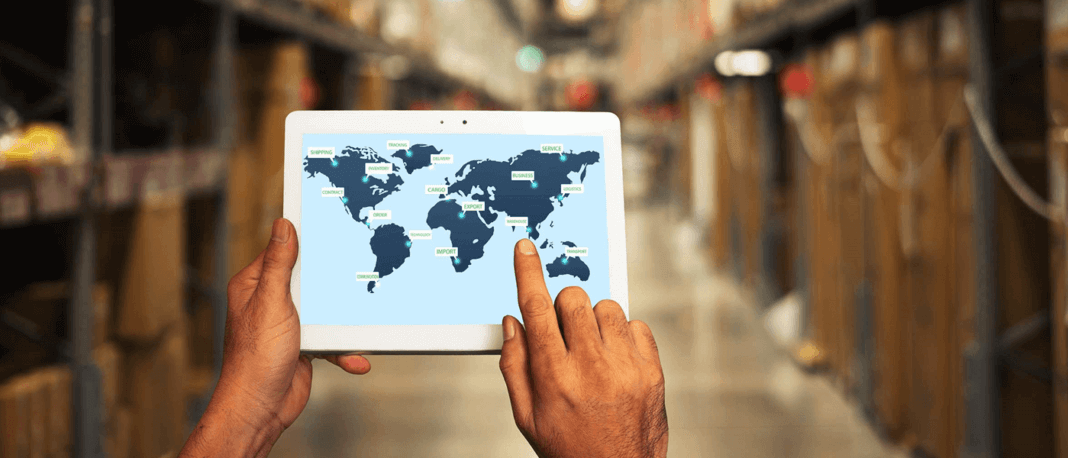Old habits die hard, but they do eventually have to die. Windows Internet Explorer (IE) has been part of the Microsoft operating system (OS) for more than two decades. Microsoft killed off IE three years ago, replacing it with Edge as its de facto Windows 10 browser. Ever since its inception, Microsoft has been betting big on the Edge, and IE was neglected.
On 6 February, Microsoft put a post titled “The perils of using Internet Explorer as your default browser” on its blog by Microsoft senior cybersecurity architect Chris Jackson. In this post, he made an unprecedented warning to diehard IE fans that it is time to switch to a new browser. He also said that continuing the use of IE is racking up companies a ton of “technical debt.” IE is often used by big enterprises and organisations that wish to run legacy websites and web apps, as the outdated browser still supports them. However, such approach is not the best for the long run, despite being the easiest, most convenient solution now.
Jackson further laid out a example in which a company that chose the easiest possible approach since IE 6, goes to make a website today and ends up with a 1999 implementation of web standards by default. Basically, by continuing to use IE as opposed to modern web browsers, companies are creating additional costs for themselves later on.
Microsoft killed support for IE 8, 9 and 10 in 2016 and most developers don’t test for compatibility with IE because majority of the people don’t use it as well. As a result, IE browser has major compatibility issues as it is not supporting new web standards.
The days of IE’s dominance have come to an end and if your company is still using IE, now is the time to make the switch to a modern browser before it’s too late.





